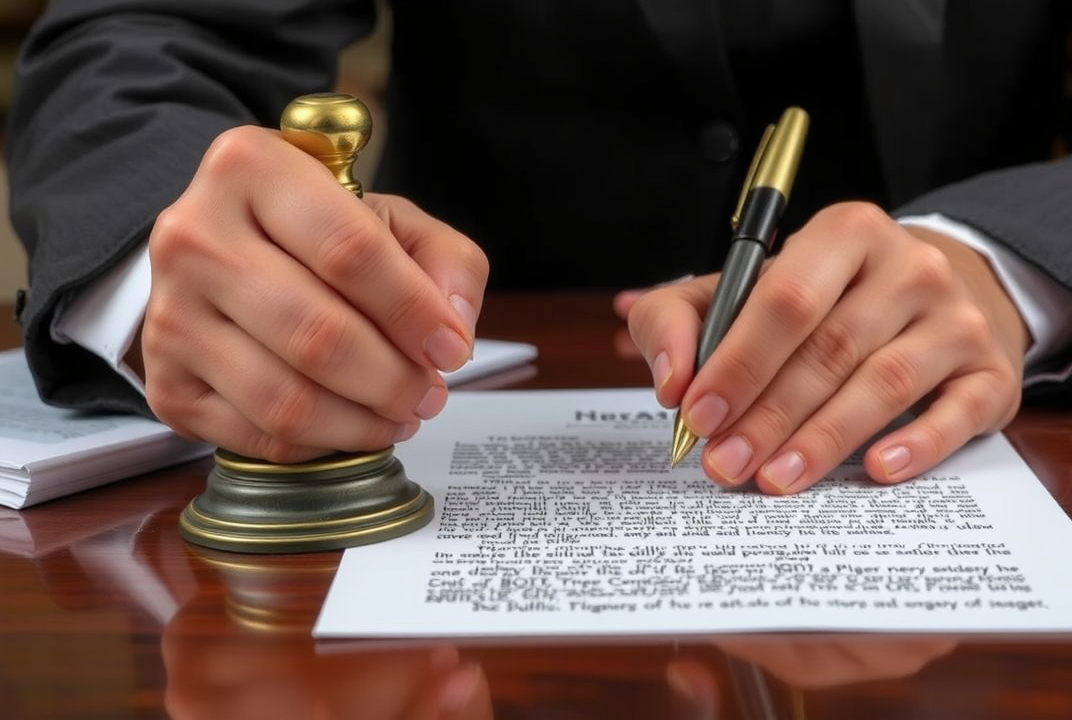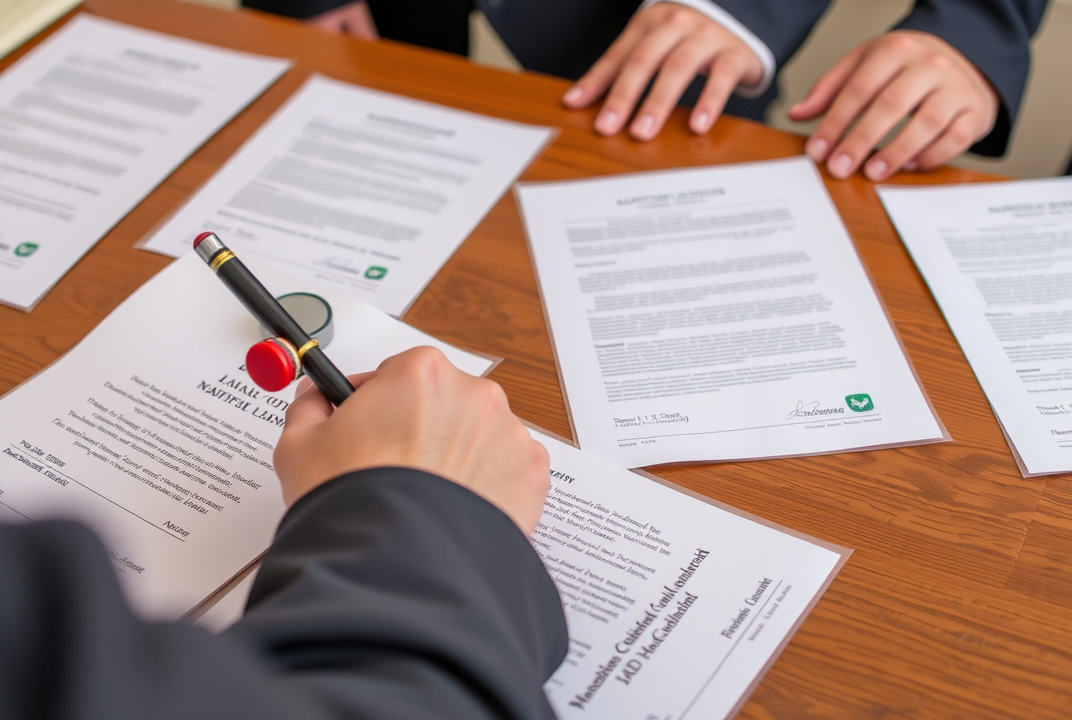Unlock the Power of Notary Services in Legal Documentation

Introduction
Have you ever wondered how legal documents maintain their authenticity and integrity? Or perhaps, asked yourself what mechanism is in place to prevent fraudulent activities in legal processes? Notary services stand as the unsung heroes in the world of legal documentation, ensuring the legitimacy and validity of your important papers.
In today’s global landscape, where a simple signature can lead to monumental changes, the role of notary services has surged in importance. Whether you’re buying property, creating a will, or entering a business agreement, notaries serve as trusted gatekeepers. In this article, we’ll explore the essentials of notary services and why they are indispensable in legal documentation.

What Exactly Are Notary Services?
Let me break this down for you: Notary services involve the witnessing and authentication of documents to ensure they are legitimate and free from fraud. When a notary public places their stamp on a document, it signifies that the identities of the signers have been verified, and that they have willingly signed the document.
The Core Functions of Notary Services:
-
Witnessing Signatures: A primary function is to witness the signing of documents. The presence of a notary deters fraud and confirms the parties are who they claim to be.
-
Verification of Identity: Through official identification, a notary verifies the authenticity of each signer's identity.
-
Ensuring Willingness: Notaries ensure that signers are willingly entering agreements, free of coercion.
-
Recording Details: Notaries maintain records of each act performed, adding an extra layer of protection against disputes.

Why Notary Services Matter
You might be thinking, do I really need a notary? Absolutely. Notary services play a vital role in legal compliance and protecting both parties in a transaction. With notary involvement, forged signatures and fraudulent claims meet a significant barrier.
Legal Safeguards: Think about the peace of mind you gain knowing that each step of the document signing process is legally secure. Without notaries, proving the legitimacy of a simple signature could take endless back-and-forth, causing delays and uncertainty.
International Recognition: For those involved in cross-border transactions, notary services offer a universal layer of trust. Many countries respect notarized documents, which can streamline international dealings.
Different Types of Documents That Require Notarization
Let’s navigate through the common documents that often require notarization:
-
Real Estate Deeds: Ensuring property transfers are legitimate.
-
Wills and Trusts: Verifying that estate documents reflect true intentions.
-
Business Agreements: Adding legal integrity to business partnerships and deals.
-
Affidavits: Removing doubt over the authenticity of written statements.

The Process: How Notarization Works
Understanding the actual process can demystify the services. Here’s a look at the step-by-step journey:
-
Preparation: Gather and prepare your documents needing notarization.
-
Identity Verification: Present valid identification to the notary public.
-
Understanding: The notary will ensure you understand the contents and ramifications of the document.
-
Signing: Sign the document in the presence of the notary.
-
Stamping: The notary applies their stamp, acknowledging the completion of the process.
It's essential to prepare thoroughly and ensure all parties involved understand their roles and the contents of the documents.
Real-Life Scenarios of Notary Acts
To paint a clearer picture, let’s look at some scenarios where notary services made a critical impact:
Scenario 1: Imagine a business owner entering a significant partnership. The notary service involved checks each identity and ensures that the intent is truly to collaborate, thereby avoiding future litigations.
Scenario 2: Consider someone finalizing their will. By using a notary, they protect the document from future disputes, ensuring their last wishes are honored.

Challenges Without Notary Services
By now, you might be asking yourself, what happens if I skip this step? Quite simply, without notary verification, the risks multiply. Imagine disputes over property ownership, contested wills, and unverified personal statements—all leading to potentially costly settlements.
Overcoming Challenges: Notarization puts a robust legal structure in place, significantly reducing the chance of later conflicts or misunderstandings.
Conclusion
In short, notary services offer a protective shield for your legal documents. They ensure compliance, build trust, and provide universal recognition, acting as a powerful ally in legal transactions.
Don't leave your documents vulnerable—choose notary services to safeguard your interests today. Ready to protect your legal standing? Reach out to a notary near you.
Navigate the world of legal documentation with confidence and clarity.
